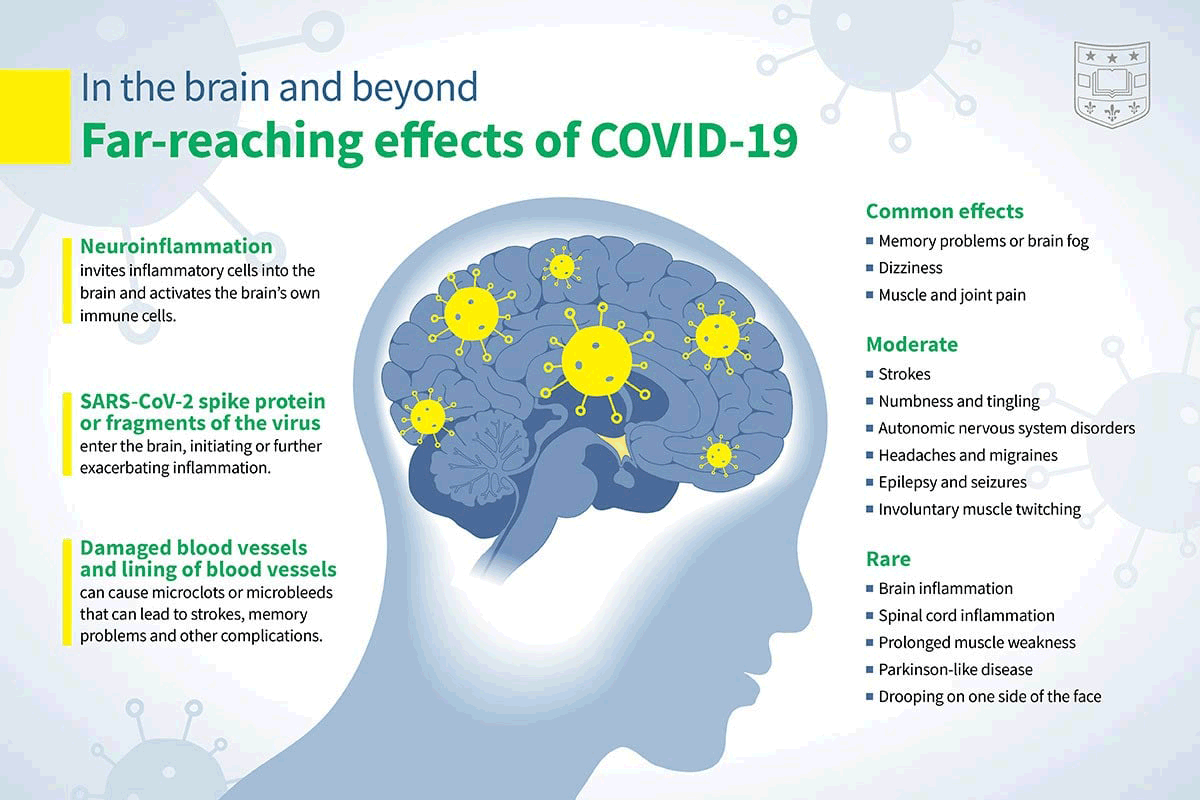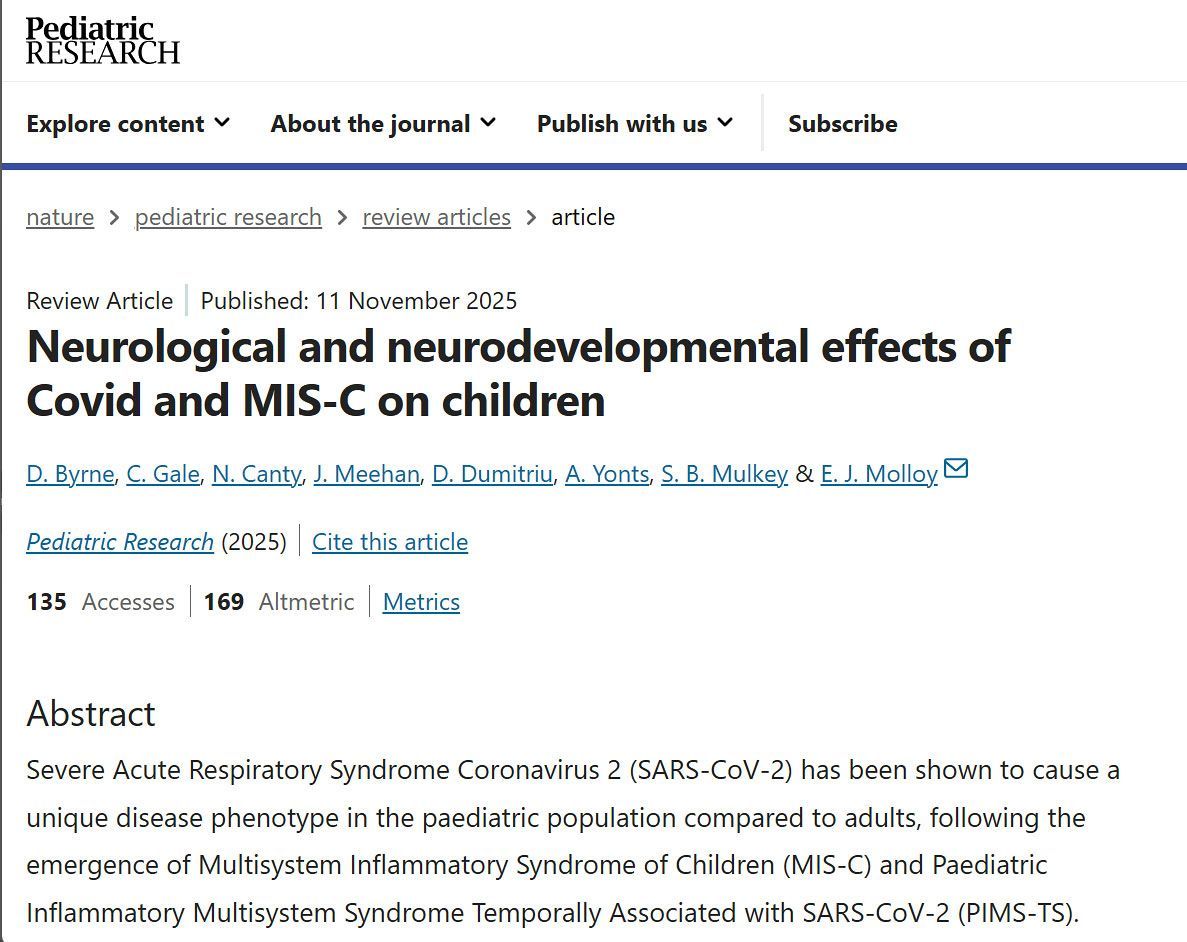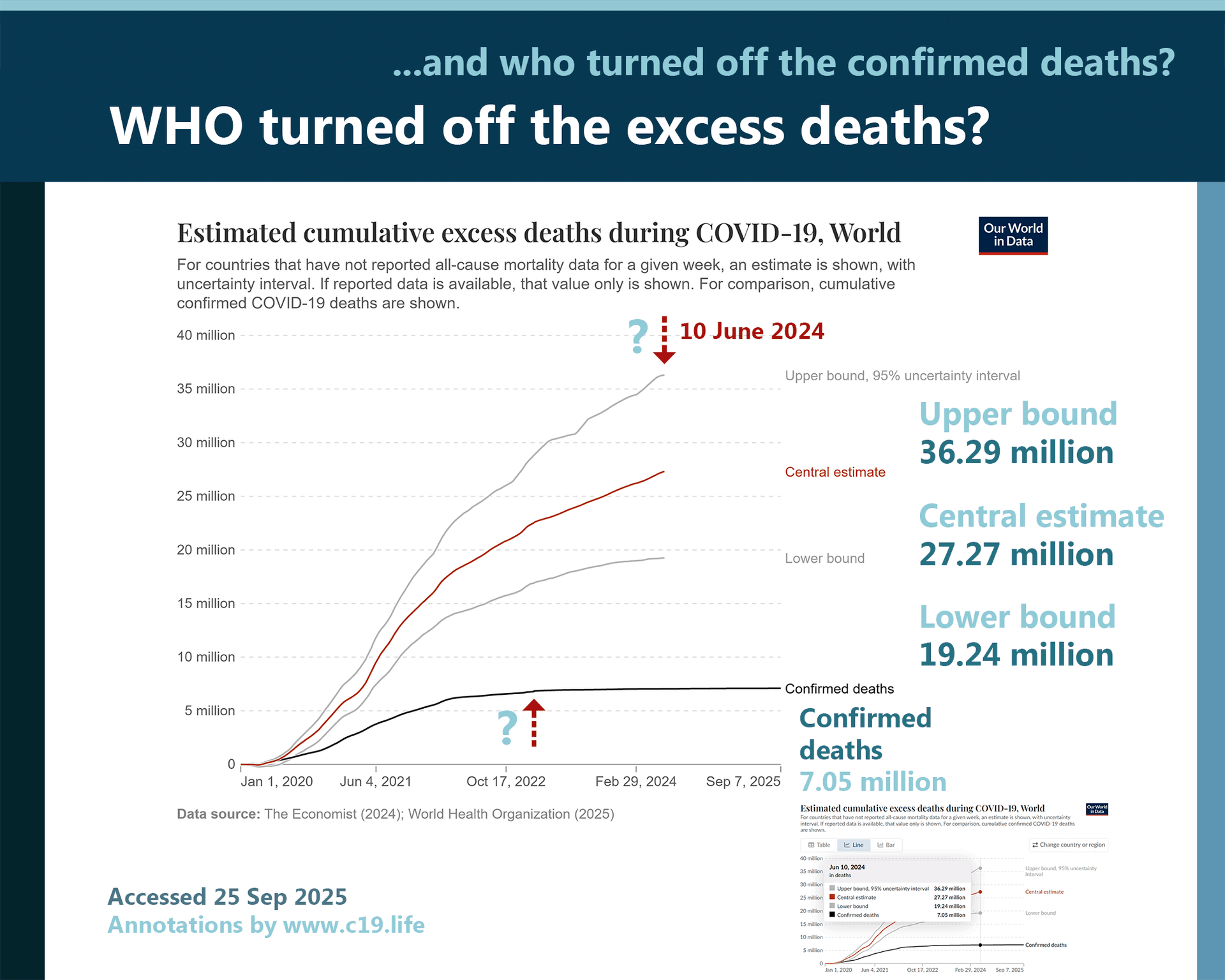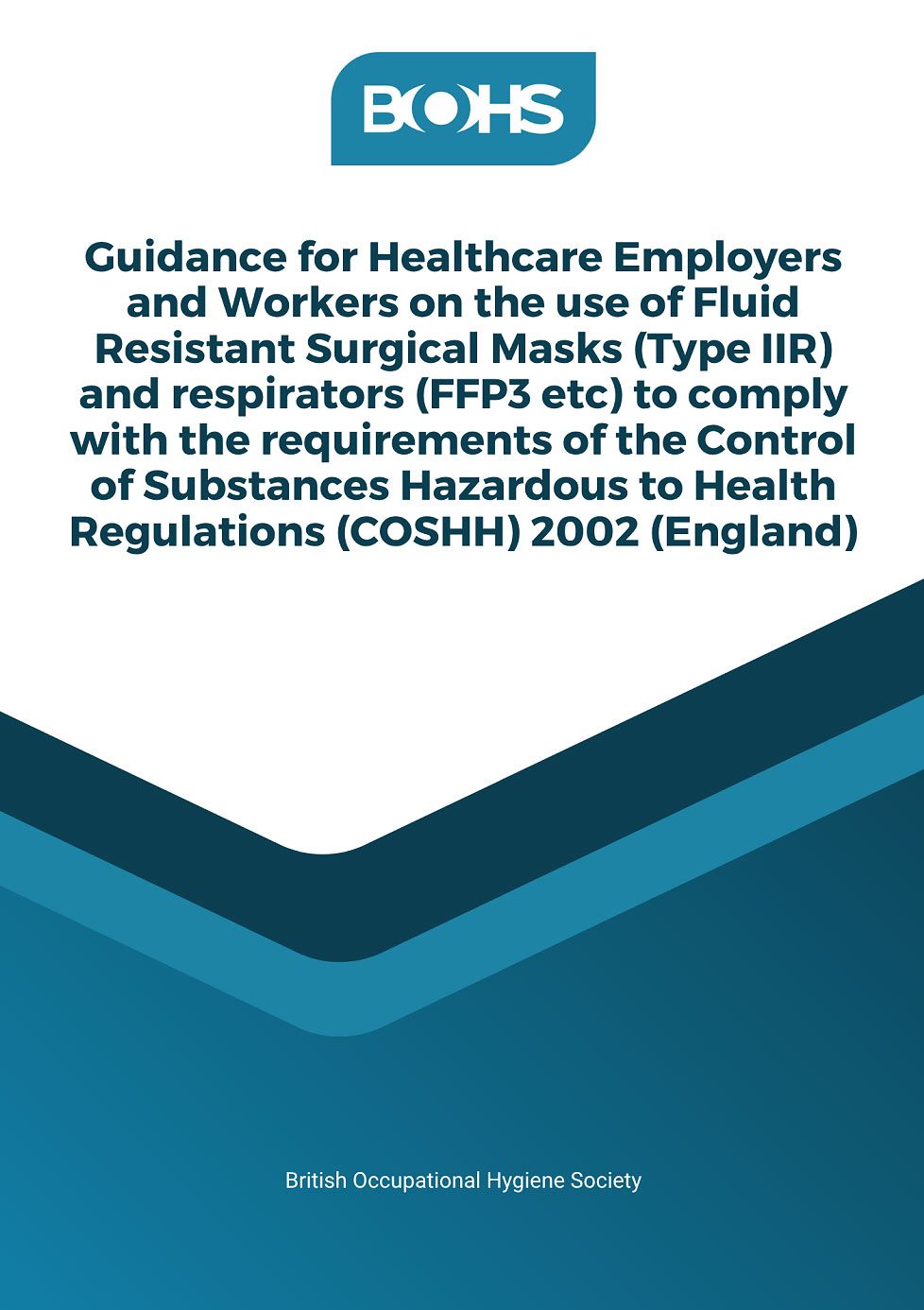on elders
On SARS-CoV-2 infections, and their effects on our elders.
Last update: 9 December 2023
❦ h1 Poppins bolder 57/38
‘Paragraph. Georgia 22/18. Space: 1.5. Colour: 2nd row, 1st.’
Amiri 22/20. Space: 1.5. Colour: 3rd row, 2nd. (2023)
❦ further reading ~ on elders
C-19 Blog





❦ on elders: scientific papers & media articles
✒ 2023
📖 (19 Feb 2023 ~ The Guardian) Could Alzheimer's be caused by an infection? ➤
❂
📖 (14 Feb 2023 ~ Journal of Alzheimer's Disease Reports) The Effects of SARS-CoV-2 Infection on the Cognitive Functioning of Patients with Pre-Existing Dementia ➤
➲ 'The rapid progression of dementia, the addition of further impairments / deterioration of cognitive abilities, and the increase or new appearance of white matter lesion burden suggest that previously compromised brains have little defense to withstand a new insult (i.e., a “second hit”-like infection / dysregulated immune response, and inflammation).'
📖
Related:
(4 Apr 2023 ~ Eurekalert)
New study shows SARS-CoV-2 infection accelerates the progression of dementia ➤
➲ 'In addition to finding that that all subtypes of dementia, irrespective of patients’ previous dementia types, behaved like rapidly progressive dementia following COVID-19, the team of investigators found that the line of demarcation between different types of dementia became remarkably blurry post-COVID-19.
Researchers also found that the characteristics of a particular type of dementia changed following COVID-19, and both degenerative and vascular dementias started behaving like mixed dementia both clinically and radiologically.
A rapidly and aggressively deteriorating course was observed in patients having insidious onset, slowly progressive dementia, and who were previously cognitively stable.'
❂
✒ 2022
📖 (17 Dec 2022 ~ Acta Neuropathologica Communications) Brain autopsies of critically ill COVID-19 patients demonstrate heterogeneous profile of acute vascular injury, inflammation and age-linked chronic brain diseases ➤
➲ 'The majority of older subjects showed age-related brain pathologies even in the absence of known neurologic disease.
Findings of this study suggest that acute brain injury superimposed on common pre-existing brain disease may put older subjects at higher risk of post-COVID neurologic sequelae.'
❂
📖 (1 Nov 2022 ~ The University of Queensland, Australia) 'A silent killer' – COVID-19 shown to trigger inflammation in the brain ➤
➲ 'Research led by The University of Queensland has found COVID-19 activates the same inflammatory response in the brain as Parkinson's disease.
The discovery identified a potential future risk for neurodegenerative conditions in people who've had COVID-19.
"It may explain why some people who've had COVID-19 are more vulnerable to developing neurological symptoms similar to Parkinson's disease."
The researchers found the spike protein of the virus was enough to start the process [of triggering the inflammasome pathway], and was further exacerbated when there were already proteins in the brain linked to Parkinson's.
"So if someone is already pre-disposed to Parkinson's, having COVID-19 could be like pouring more fuel on that 'fire' in the brain."
"The same would apply for a predisposition for Alzheimer's and other dementias that have been linked to inflammasomes."
❂
📖 (18 Sep 2022 ~ News Medical Life Sciences) COVID-19 increases risk of developing Alzheimer's by 50-80% in older adults ➤
❂
📖 (11 Sep 2022 ~ BMC Translational Neurodegeneration) The COVID-19 pandemic and Alzheimer's disease: mutual risks and mechanisms ➤
❂
📖 (8 Mar 2022 ~ JAMA Neurology) One-Year Trajectory of Cognitive Changes in Older Survivors of COVID-19 in Wuhan, China: A Longitudinal Cohort Study ➤
❂
✒ 2021
📖 (xx xxx 202x ~ Journal Source Sans Normal 21/xx) Link article ➤
➲ 'Quote.'
Explainer: Source Sans Normal. Colour: 1st row, 5th.
❂
✒ 2020
📖 (xx xxx 202x ~ Journal Source Sans Normal 21/xx) Link article ➤
➲ 'Quote.'
Explainer: Source Sans Normal. Colour: 1st row, 5th.
❂
❦ more papers & articles
Please note that this list is far from comprehensive – and that newer scientific papers and media articles are being published daily.
For a list of more up-to-date, or more recently-added publications to this site, please see Additional Links ➤.








